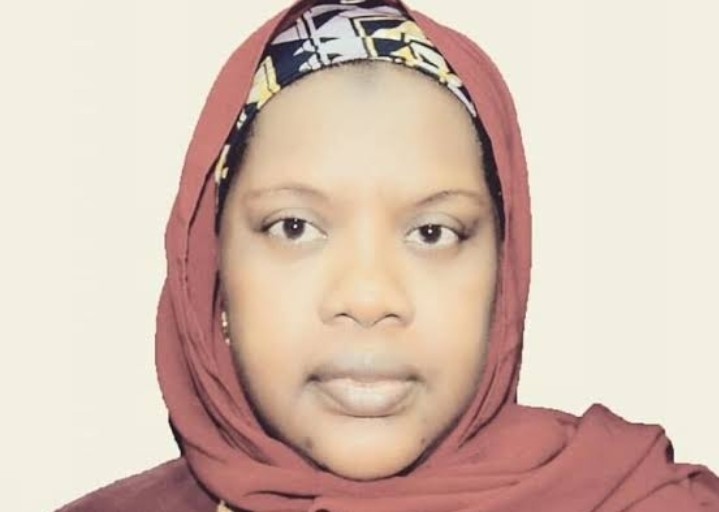ANY time I write on issues bedevilling the North, some of my respondents from the South quickly throw the Almajiri question at me. Instead of addressing the substance of my argument, they mock me, insisting that the only topic I should concern myself with is the Almajiri system not the injustices I feel the North is facing.
Let me make it clear: this write-up is not in any way a concession to such taunts or blackmail. Anyone who follows my work knows that I do not bow to threats. I write based on conviction. When I have no strong opinion on an issue, I am like an empty cup, nothing flows out.
The plight of the Almajirai, however, has always been close to my heart. Long before some of my critics found their voices, I had spoken and acted against child abuse in its many forms. I founded an organisation to address abuses against children, led campaigns, and intervened in cases of exploitation. I went to court on behalf of vulnerable children. I even produced films for public enlightenment, one of them a song titled Almajiri Bara.
So, as you read my reflections today, understand this: I am not writing because of mockery or external pressure. I write because I am deeply convinced that these children, like every other child, deserve care, protection, and urgent intervention. It is time for the Federal Government to declare a state of emergency on the Almajiri system.
One wonders why the authorities have failed to decisively address this crisis. Is it out of fear of backlash from teachers and their students, who seem to have adjusted to this abnormality? Whatever the reason, we must be truthful: the first culprits are the parents. In almost every Northern community, Islamic schools abound.
Yet some parents still send their children far away, at tender ages, with neither food nor clothing, leaving them at the mercy of overburdened teachers. Ironically, these pupils sent to seek knowledge are forced to fend for themselves and, worse still, to cater for their teachers by begging for alms.
A visit to one of these so-called schools reveals the tragedy. Often, they are dilapidated shacks or makeshift huts, crowded with children in unhealthy conditions. Bedbugs, lice, and skin diseases thrive where learning should have taken place. Recently, I saw a clip of a boy, not more than ten, his skin covered in rashes so severe it was painful to watch. Without medical attention, he was still expected to roam the streets, bowl in hand, begging.
Let us be clear: this practice is not Islamic. In Islam, begging is discouraged. The Holy Prophet Muhammad (peace be upon him) never sanctioned such a system. Parents and society are enjoined to care for the young until they reach maturity. So where did we get it wrong? How did we turn neglect into tradition?
Why are Northern stakeholders so silent on this matter? Why do we keep recycling complaints around the same table, without concrete steps forward? The time for lamentation is over. Action is what is needed.
In my opinion the way forward is, parents must stop sending underage children far away with or without provisions. Laws should criminalise this act.
Integration of Qur’anic and Western Education: Government and religious leaders should reform the system, integrating Qur’anic learning with modern education and vocational training.
The state governments must build and support proper schools where Islamic education is taught alongside life skills, in healthy environments.
Also community leaders, NGOs, and religious bodies must partner to provide shelter, healthcare, and feeding programmes for existing Almajirai until the system is reformed.
And any teacher found exploiting children by sending them to beg must face the law.
The Almajiri crisis is not only a Northern problem; it is a Nigerian problem. An idle, hungry, and uneducated child today is a potential threat to the nation tomorrow. If we fail to act now, the price will be too heavy for all of us to pay.
Please let’s do something immediately.
- Mairo Mudi writes from Suleja, Niger State and she can be reached via mairommuhammad@gmail.com.







